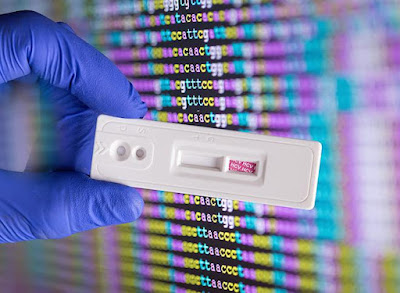Preimplantation genetic diagnosis (PGD) is the genetic profile of embryos before implantation and occasionally of fetuses in women who are planning pregnancy. PGD is often considered in much the same way as prenatal diagnosis. The method involves several steps, with each step used to determine the specific genetic makeup of the embryo or fetus, before determining a procedure that can be used for conception. In most cases, preimplantation genetic diagnosis can be performed for couples who have a high probability of conceiving a certain sex.
There are several reasons why couples choose to do this test. Many couples may find that they have a genetic predisposition for a particular sex, and preimplantation genetic diagnosis can be used to determine if this is true. Other couples who are unsure of their genetic match may also use preimplantation genetic diagnosis to ensure that the pairing of their zygote is truly their own, and not a result of something else. Prenatal and postpartum testing are also available for couples who have a strong chance of having a baby. Prenatal visits can help healthcare provider monitor the health of the patient and the health of the child.
Preimplantation genetic diagnosis allows diagnosis of a genetic disorder in very early embryos before implantation into the uterus. PGD was initially performed using Y chromosome specific DNA amplification for couples at risk for having children with X-linked disorders. PGD is widely used to identify single gene defects such as Huntington disease, sickle cell anemia, Tay-Sachs disease, and cystic fibrosis. In such cases, abnormality can be detected with molecular techniques using polymerase chain reaction (PCR) amplification of DNA from a cell. PGD is recommended for mothers with advanced maternal age or a history of miscarriage
Preimplantation genetic diagnosis (PGD) is performed with in-vitro fertilization (IVF) and occurs prior to embryo transfer, before a pregnancy is established. Thus, with the increasing rate of infertility, the demand for preimplantation genetic diagnosis is also increasing rapidly. According to the Centers for Disease Control and Prevention (CDC), in the U.S., around 6% of married women between the ages of 15 and 44 are unable to get pregnant after one year of trying (infertility). Moreover, around 12% of women aged 15 to 44 years have difficulty getting pregnant or carrying a pregnancy to term (impaired fecundity).





No comments:
Post a Comment